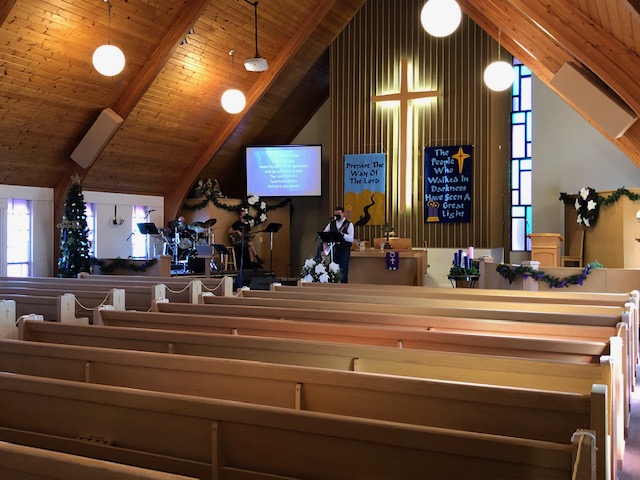Buried deep in the New Testament is a story of Christians being called to choose between love and freedom. In the city of Corinth, meat was being sold that had been sacrificed to idols. By all accounts, it was good meat and cheap, so Christians were heading to the bbq.
Beginning in 1 Corinthians 8:1, we find a chronicle of Paul’s response to the meateaters:
“We all possess knowledge,” the meateaters said.
But knowledge puffs up while love builds up, Paul responds (8:1).
“An idol is nothing at all in the world,” they kept on, “There is no God but one” (8:4).
You’re correct, Paul makes clear, “But not everyone possesses this knowledge. Some people are still so accustomed to idols that when they eat sacrificial food, they think of it as having been sacrificed to a God, and since their conscience is weak, it is defiled” (8:7).
You see, love takes precedence over freedom. Paul concludes, “Be careful, however, that the exercise of your rights does not become a stumbling block to the weak” (8:9)
This week, in response to a decision of the Supreme Court, the State of Colorado announced that it was dropping capacity restrictions on indoor worship attendance in the midst of the COVID-19 pandemic (https://www.denverpost.com/2020/12/08/colorado-churches-covid-restrictdions/). The First Amendment, after all, restricts the government from making any law which prohibits the free exercise of religion.
Churches have been told what we can do. Now, we consider what we should do. We have a right to worship in person. Now, how do we exercise that right in ways that love our neighbors? The Constitution, after all, is not our final authority.
 Different churches will come to different conclusions based on their convictions about the meaning and purpose of worship (the sacraments in particular). Those conclusions will depend upon the conditions in their community: the prevalence of community spread, stress on first responders and medical staff, and the particular members of the congregation and their needs.
Different churches will come to different conclusions based on their convictions about the meaning and purpose of worship (the sacraments in particular). Those conclusions will depend upon the conditions in their community: the prevalence of community spread, stress on first responders and medical staff, and the particular members of the congregation and their needs.
John Inazu teaches Law and Religion at Washington University in St. Louis, and he put it this way: “Of course, questions of law and governmental policy speak only to what houses of worship may do, not what they should do. At a time when much of the country is sick and suffering and much of the country is partying and dining, many houses of worship continue to comply voluntarily even when orders have exempted them. That’s a tangible sign of loving one’s neighbor, even at great cost” (https://www.christianitytoday.com/edstetzer/2020/november/scotus-gets-it-right-religious-liberty-church-is-essential.html).
Right now, in our community, our case count continues to climb, seemingly unabated. Our hospital is stressed (https://www.npr.org/sections/health-shots/2020/12/09/944379919/new-data-reveal-which-hospitals-are-dangerously-full-is-yours), even having to take the extraordinary step of ceasing COVID testing because of a staffing shortages (https://www.lajuntatribunedemocrat.com/story/news/2020/12/08/colorado-backs-off-worship-service-limits-due-covid-19/6495233002/). Our first responders have been stretched thin. While we’ve thankfully had no congregational exposure take place in worship, many of our own church family have been or are sick or quarantined even now.
Can we worship in person? Yes, of course, we can. Should we? That’s another question completely, and the leadership of this church prayerfully determined that the answer—for now—is no. In such an environment, we are not loving ourselves, each other, or our neighbors well by creating yet another gathering space in which transmission can occur. Other churches in our community are coming to other conclusions. It’s their right to do so, and we will support them with our prayers.
Some will strongly disagree with this decision. We pray that those who disagree will seek out myself or one of our elders or ministry staff for discussion and prayer. We’ve disagreed before, and we’ll disagree again. Let this not be the decision that divides us.
The Christ Child was born in Bethlehem, in a world just as broken and hurting as ours. He brought peace. May that peace be ours today and always.


